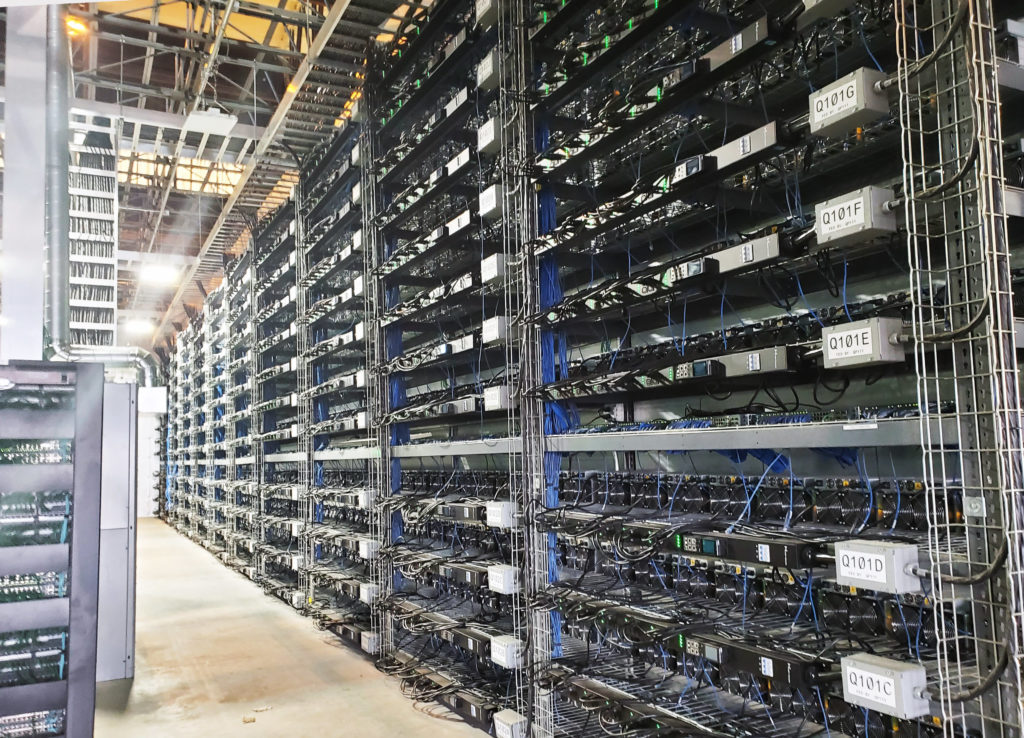While the practice of crypto mining is spreading fast across the US, people usually don’t think of Georgia as a prime place for it: When it comes to business, the state still often brings up associations of Coca-Cola (KO) – Get Coca-Cola Company Report, Atlanta reality television and miles of fruit and vegetable farms.
But as Bloomberg recently reported, that is quickly starting to change.
Companies like bitcoin miner and energy producer CleanSpark Inc. recently received approval to get green power for 15,000 mining machines on a plot of land it bought in the College Park suburb of Atlanta.
What Is Crypto Mining?
Using computer code to confirm cryptocurrency value and record transactions, crypto mining does not actually mine resources from dirt or rock, like traditional mining operations.
But is still a highly energy-heavy process requiring heavy hardware and constant energy use to keep the blockchain going.
The state of Georgia had, according to Bloomberg, previously tried to prevent CleanSpark’s attempt to switch from an older energy provider. But it now allows part of the machines to use a less expensive and more energy-efficient power.
“At the end of the day, Georgia wants this business here,” Matt Schultz, CleanSpark’s executive chairman, said in an interview. “They’ve done everything in their power to grow bitcoin in the state.”
As early as last year, China was the world’s biggest crypto mining destination — at one point, 76% of mining practices were taking place in the country. But due to the practice’s heavy toll on the environment, Beijing started phasing out the practice before banning it outright by the end of the year.
Where Miners Are (And Aren’t) Going
A lot of mining operations then shifted to the U.S. and have found a welcoming home in Georgia.
Cryptocurrency company Foundry reported that 34% of its mining was coming out of the state by Jan. 31. Foundry is far from the only mining company in the country, but it is the biggest.
The state’s cheap energy prices are the main reason many mining operations are choosing to set up shop.
The business those companies are bringing in is also pushing regulators to ignore the momentum created by the state’s recent shift toward more left leaning environmental policies, which has stopped bitcoin mining in other states.
Kentucky, which is the next biggest destination for Foundry at 12%, recently approved tax breaks to companies that invest over $1 million in equipment. New York, meanwhile, is currently seeing growing opposition from lawmakers who are pushing to suspend mining amid more stringent environmental reviews.
“Listen, we’re not moving into vicinities that don’t want us, hard stop,” Core Scientific founder Darin Feinstein told Bloomberg. “We’re not going to New York, we’re not going to areas that don’t want this industry within their borders.”
